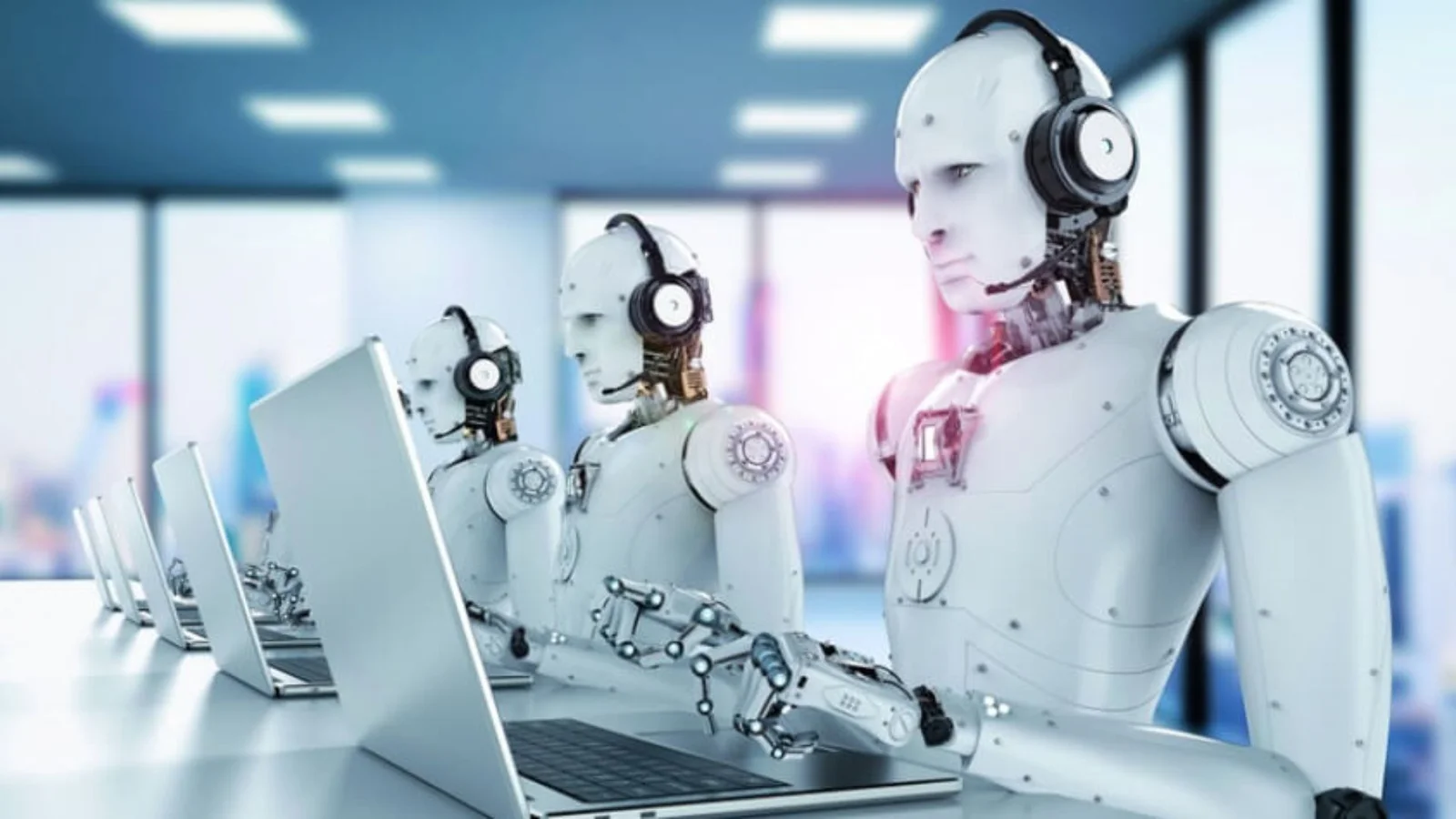Artificial Intelligence (AI) is no longer just a buzzword but a transformative force shaping various aspects of our daily lives. From revolutionizing healthcare to enhancing customer experiences, AI is making its mark across multiple industries. As we look ahead, it’s crucial to understand how AI is evolving and the profound impact it is set to have on our future. In this article, we delve into the latest advancements, applications, and ethical considerations of AI, providing a glimpse into how this technology is poised to shape tomorrow’s world.
1. AI in Healthcare: Revolutionizing Diagnosis and Treatment
AI’s impact on healthcare is profound and multifaceted. Machine learning algorithms are now being used to analyze medical images with unprecedented accuracy, assisting doctors in diagnosing conditions such as cancer at earlier stages. For instance, AI-powered tools like Google’s DeepMind have demonstrated remarkable success in detecting retinal diseases and predicting patient deterioration.
Moreover, AI is enhancing personalized medicine by analyzing genetic data to tailor treatments to individual patients. This approach not only improves the efficacy of treatments but also minimizes adverse effects. As AI technology continues to advance, the potential for personalized, precise healthcare grows exponentially.
2. Autonomous Vehicles: Driving the Future of Transportation
Autonomous vehicles (AVs) represent one of the most exciting applications of AI. Companies like Tesla, Waymo, and Cruise are leading the charge in developing self-driving cars that promise to revolutionize transportation. These vehicles utilize a combination of sensors, cameras, and AI algorithms to navigate roads, avoid obstacles, and make real-time decisions.
The potential benefits of AVs are immense, including reduced traffic accidents, lower emissions, and increased mobility for individuals unable to drive. However, the path to widespread adoption is not without challenges. Issues such as regulatory hurdles, cybersecurity threats, and public trust need to be addressed before autonomous vehicles become a common sight on our roads.
3. AI and Customer Service: Enhancing User Experiences
AI is also transforming customer service by enabling businesses to provide faster and more personalized support. Chatbots and virtual assistants, powered by natural language processing (NLP) and machine learning, are now capable of handling a wide range of customer inquiries, from troubleshooting technical issues to processing transactions.
For example, companies like IBM and Microsoft offer AI-driven customer service platforms that can analyze customer interactions and provide actionable insights. These tools not only improve efficiency but also enhance customer satisfaction by delivering timely and relevant assistance.
4. Ethical Considerations: Navigating the AI Dilemma
As AI technology advances, ethical considerations become increasingly important. Issues such as data privacy, algorithmic bias, and job displacement are critical areas of concern. Ensuring that AI systems are designed and implemented ethically is essential to prevent unintended consequences and protect user rights.
Organizations and policymakers are working to address these challenges by developing guidelines and frameworks for responsible AI use. Initiatives such as the EU’s AI Act and the IEEE’s Ethically Aligned Design aim to establish standards that promote transparency, fairness, and accountability in AI applications.
5. The Future of AI: Trends and Predictions
Looking ahead, several key trends are expected to shape the future of AI. One notable trend is the rise of AI in edge computing, where data processing occurs closer to the source, reducing latency and improving efficiency. Additionally, advancements in AI-driven robotics are likely to impact various industries, from manufacturing to healthcare.
Another trend is the growing emphasis on explainable AI (XAI), which focuses on making AI systems more transparent and understandable to users. This development is crucial for building trust and ensuring that AI decisions are interpretable and justifiable.
6. AI in Entertainment: Redefining Creativity
AI is also making waves in the entertainment industry by redefining creativity and content creation. From generating music and artwork to enhancing video game experiences, AI algorithms are being used to push the boundaries of artistic expression. Tools like OpenAI’s GPT-3 and DALL-E are examples of how AI can create novel content and inspire new forms of creative output.
Moreover, AI-driven recommendation systems are revolutionizing how we discover and consume media. Streaming platforms like Netflix and Spotify use AI to analyze user preferences and suggest content tailored to individual tastes, enhancing the overall user experience.
Conclusion
Artificial Intelligence is not just a technological trend but a powerful force that is reshaping various aspects of our lives. From revolutionizing healthcare and transportation to enhancing customer service and creativity, AI’s impact is far-reaching and transformative. As we continue to explore and develop this technology, it is essential to navigate the ethical considerations and ensure that AI is used responsibly and equitably. The future of AI holds immense potential, and its role in shaping tomorrow’s world is just beginning.
By staying informed and engaged with the latest advancements, we can better understand and harness the power of AI to create a better, more connected, and innovative future.

